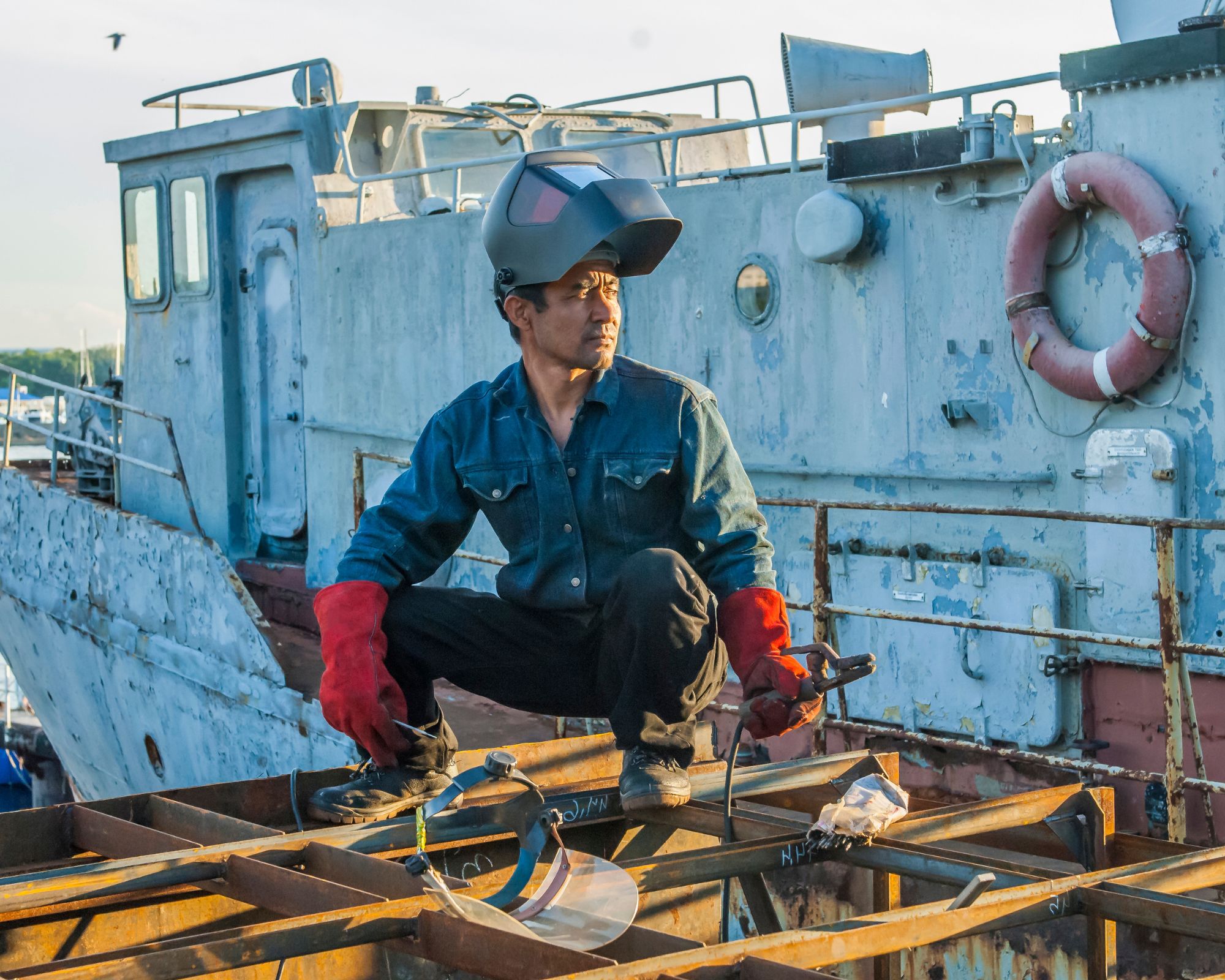Summary:
-
Travelling from Sabh to Tripoli necessitates being smuggled in.
-
“Before I could reach the coast and board a boat for Italy, I had to wait for more than a year in Tripoli.
-
I had to remain there for two months in these unfavourable circumstances.
-
They provided us with food, clothing, and a free flight back to The Gambia.
-
The UN migration organisation (IOM) promised to assist me in starting a business when I first arrived in The Gambia.
“I’m from Jarra, a remote community in The Gambia’s Lower River District, in the middle of the continent. When I was 15, I relocated to the nation’s capital, Banjul, to attend high school with my brother. But because we couldn’t pay the expenses, I didn’t finish.
My friends urged me to leave The Gambia around five years ago when I was around 20. The fact that people left our impoverished nation to pursue success in Europe and send money home to their families alarmed us.
Italy was the country I wanted to see since, in my opinion, it was the most accessible in Europe. I knew many individuals had lost their lives trying to reach Europe, but I had hope.
Senegal, a neighbouring country, was the first stop, and from there, we took a bus to Mauritania. For five months, I lived with my sister’s husband and worked odd jobs like construction to save money for the next voyage.
I moved on to Mali from Mauritania. It took roughly 12 hours to travel by bus to Bamako, the country’s capital. On the bus, there were several additional Gambians. Later we went to Agadez, in central Niger, through Burkina Faso. We had to pay at each stage to move further. We felt in danger, but it was too late to return by that stage.
About 25 of us travelled in an open pickup truck through the desert without shade. That was uncomfortable and swelteringly hot. We spent three days on the road, sleeping in the desert. We had to purchase blankets and heavy jackets to stay warm at night because it was so chilly.
‘I was frightened they would shoot us.
While some drivers were friendly, some were rude and thrashed us. We were battered upon entering Libya, and all our money was seized. I had fortunately concealed some food inside the bus. The people who thrashed us had guns, and I was terrified they would shoot us.
The voyage continued to Sabh, which is located in central Libya. I had to stay in Sabh for four months to find money to pay for my trip to Tripoli because I had no money.
Travelling from Sabh to Tripoli necessitates being smuggled in. I had to stay hidden for three days in a pitch-black chamber with no lights because if you are noticed, people might kill me. There was a great deal of risk because it was the American Civil War.
“They fired at the boat.”
Before I could reach the coast and board a boat for Italy, I had to wait for more than a year in Tripoli. One of my brothers came up with the cash so I could board the boat. There had been some shooting before we left, and we immediately saw that our ship was absorbing water.
Armed guys who opposed our departure for Europe opened fire on the boat without giving a damn if any of us perished in the water. Our only choice was to turn and head back towards the Libyan coast, where we swam to shore as the boat was swamped with water.
We were brought to a prison facility as soon as we reached land. Soldiers thrashed us and demanded money, but I was out of money. I had to remain there for two months in these unfavourable circumstances. We lost access to our phones, making it impossible to contact our families, many of whom assumed we had passed away.
Beginning again from zero
The UN eventually sent representatives to the centre. They provided us with food, clothing, and a free flight back to The Gambia.
I was sad: I lost everything and had to start over from zero. While I didn’t want to return home, I was forced to.
The UN migration organisation (IOM) promised to assist me in starting a business when I first arrived in The Gambia. Because of my experience working in the construction industry, I replied that I could sell cement when they asked me what I wanted to do.
They gave me specialised in-kind support in the shape of a cement company, but sadly the location I picked to store the cement bags was not weatherproof. It was the rainy season, and the water eventually reached all the cement. It was destroyed.
When I returned to the UN to request more assistance, they provided me with skill development. Thanks to this, I received a qualification and resumed working with aluminium, which was incredibly helpful. In Banjul, I was hired to work in a friend’s store that sells aluminium window frames.
I intend to create my shop once I can acquire the necessary funds. I’m currently married and have two kids. I don’t want to try to make that trip to Europe again because I want to succeed here. It’s too dangerous. In the event of failure, all is lost.

